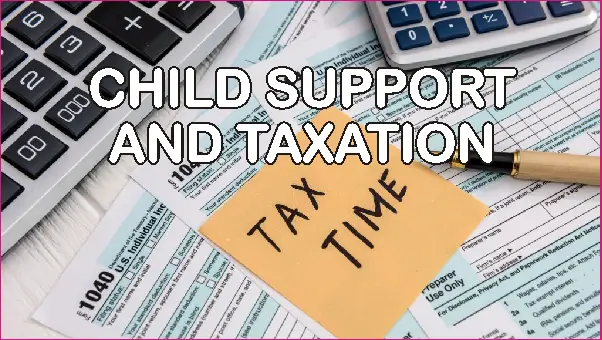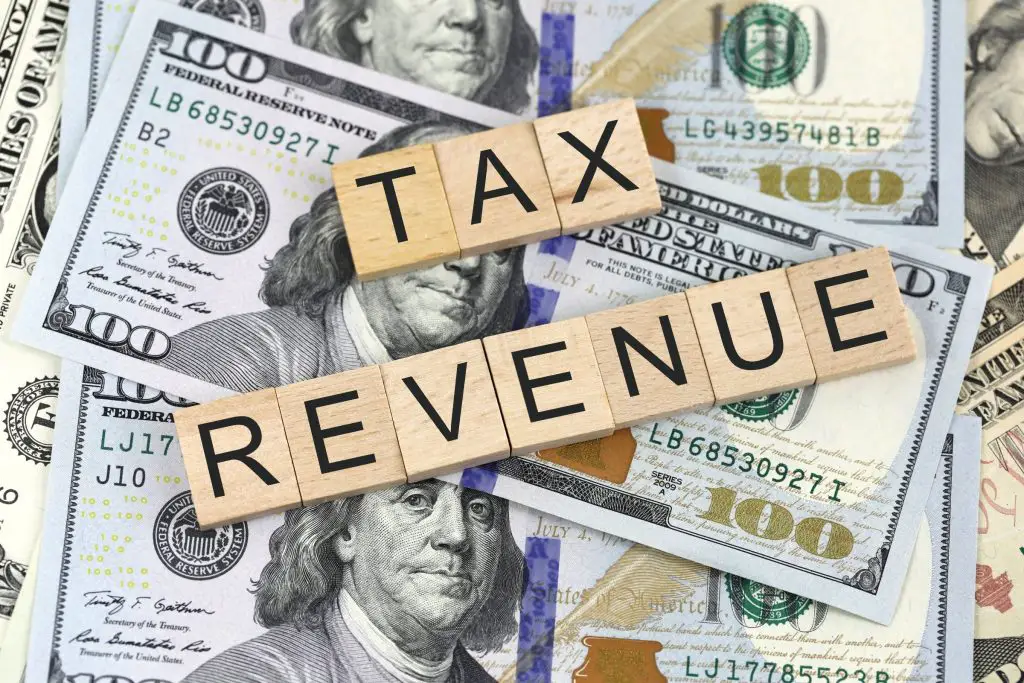
The question is child support tax deductible is one of the frequently asked questions by parents who give their ex-spouses child support each month, or perhaps even with each paycheck. Understandably, they may be curious as to whether those payments are tax deductible.
Although tax regulations can be confusing and scary, being aware of some of them might offer you an advantage in settlement discussions or at the very least provide you a heads-up on how your federal tax obligations may change if your marriage ends.
In most cases, parents paying or receiving child support want to know the position of the law regarding taxation and child support. This article explains everything.
What is Tax Deduction?
A tax deduction is a part of taxable income that can be deducted from taxes if specific criteria are met, whereas a tax exemption is money that is never taxed in the first place. Meanwhile, a tax credit is used to lower the amount of tax due, regardless of taxable income.
Your taxable income is decreased by a tax deduction, which decreases your overall tax burden. Your taxable income decreases as a result of deducting the tax deduction from your income.
What is Child Support?
Child support is the regular payment that a court compels a noncustodial parent to provide to the primary custodial parent. It assists in covering a child’s everyday expenses, such as those for housing, food, clothes, and medical care.
Is Child Support Tax Deductible?
Child support is not considered taxable income for either the payer or the receiver. It’s possible for the person paying child support to list the child as a dependent. Paying parents are not allowed to deduct child support payments by the IRS.
However, a dependence exemption for each kid may be claimed by either parent. If parents cannot agree on who receives the exemption, the court will specify the rules in the court order.
Where the parents are unable to come up with a plan on their own that enables each parent to fairly take advantage of the tax exemptions for dependent children (or children), the court will establish a rational schedule based on each parent’s commensurate share of the total income required to maintain the child.
The tax exemption is subject to several limitations, though. The other parent may claim a dependence exemption if the parent who has the right to do so at the time obtains no tax benefit from doing so. A court may also deny a parent’s request for the dependency exemption if that parent has a history of failing to make child support payments.
Is Child Support Considered an Income?

Child Support is not considered a taxable income
Child support is not taxable as an income to the receiver, per the Internal Revenue Service (IRS). In other words, the beneficiary receives the funds tax-free.
Do not include any funds you received in the form of child support payments as income when you file your taxes. Otherwise, your child support payments will be taxed by the federal government.
Child support is not included in gross income when filing a tax return. When computing the Earned Income Credit, don’t count child support as earned income. Since child support is governed by federal law, it doesn’t matter what state you reside in or where your divorce was finalized.
Child Support Arrears and Taxes
When a parent doesn’t make a payment, the court accumulates the unpaid amounts and classifies them as “arrears.” At that point, the court can start the enforcement processes to get the monies back.
Your state and federal tax refunds may be withheld by the court to make up for late or missed child support payments. in such situaltion, trying to figure out if child support tax deductible doesnt arise.
The IRS will deduct the arrears from your tax refund if your state’s child support enforcement office has notified the Treasury Department of your unpaid child support (often called a tax refund seizure). The right child support organization will subsequently get the funds from the IRS. Note that you can apply and have a court dismiss child support arrears legally.
The Child Tax Credit
Additionally, the Child Tax Credit is still in operation. It is completely refundable under the terms of the American Rescue Plan, which was enacted into law on March 11, 2021, and is worth up to $3,600 per qualified child in tax year 2021 for persons earning up to $150,000.
In contrast to the Earned Income Tax Benefit, noncustodial parents may qualify for this credit provided the custodial parent granted them the authority to do so by filling and signing IRS Form 8332. Children of divorced, separated, or never-married parents are subject to different eligibility requirements.
Child Support and The Treasury Offset Program
Under the federal Treasury Offset Program, state agencies tasked with collecting child support communicate records on parents who are overdue on payments with the Treasury Department as part of the federal Treasury Offset Program. With the aid of this information, the agency is able to intercept (collect) federal tax returns and other payments in order to make up for unpaid child support.
The New Tax Law Child Support
According to Internal Revenue Code (IRC) Section 61(a), gross income includes all derived income from all sources, with the exception of “unless otherwise specified. In a 2016 statement, the IRS emphasized that the phrase “as otherwise supplied” only relates to payments linked to “the upbringing of kids.
Endure to consult your lawyer when in need of more information or select an attorney that suits your specific case from our pool of family attorneys HERE.
Concusion on Child Support and Tax
For those members asking is child support taxable, it is now clear to you that child support is not tax deductible. So if you are confused and wondering where is my child support tax refund, know it that it cant be reported as an income when filing for tax.




